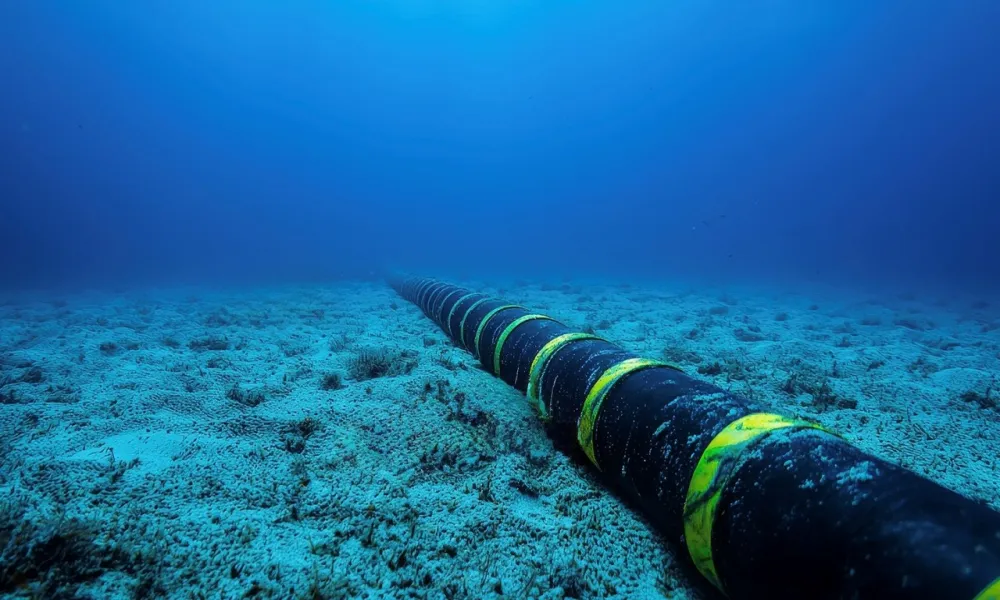“If the head of ADMIE thinks that by sending letters or paying for advertorials he can blackmail the Cypriot government, then clearly he doesn’t know who he’s dealing with,” said President Nikos Christodoulides last Sunday. After that statement, I don’t think anyone can seriously expect that the electricity interconnection is still viable, no matter what they say in Athens, Nicosia, Brussels, or Tel Aviv.
The question now is not whether we will pay €25 million this year and another €125 million over the next five years for the Cyprus–Crete power link that will never be built. The real question is how much of the €251 million claimed by ADMIE for its work so far will be upheld by the court and whether an even greater amount will be added. As for the supposed geopolitical benefit of linking Greece, Cyprus, and Israel, that now amounts to little more than managing the diplomatic fallout between Athens and Nicosia (Israel has far more pressing matters to deal with). On top of that, there’s the risk of Turkey “greying out” additional maritime zones and the needless spending of precious political capital by both Mitsotakis and Christodoulides.
And all this didn’t happen because Turkey vetoed seabed surveys, as Nicosia conveniently likes to claim, nor because of private vested interests and EAC unionists in Cyprus, as Athens prefers to suggest. The project will not go ahead because both its economic and diplomatic planning were flawed from the very start. So flawed, in fact, that one can reasonably assume those who designed it never intended to see it through. Diplomatically, it was a bluff aimed at Turkey, an “accessory” for the trilateral summits, without the necessary groundwork. To believe that the project was sound simply because Israel theoretically supported it, the EU financially backed it, and the US offered verbal encouragement is not strategic planning but wishful thinking.
As for the economic planning, it is equally naïve to assume that securing €657 million from the EU’s Connecting Europe Facility automatically made the project financially viable. In reality, this would have meant that Cypriot consumers shouldered most of the cost, without accounting for the final price tag, the guaranteed profits for investors, the already exorbitant electricity rates, and the additional expenses tied to the green transition.
The real issue is whether (if ever) these terms were negotiated, and whether anyone from the Republic of Cyprus actually provided ADMIE with figures on costs, prices, and tariffs showing how the project could be affordable for Cypriot consumers. Or perhaps, as with the Cyprus problem, we only know what we don’t want? Even today, does anyone in Cyprus actually know the figures that would make the interconnection economically viable (not merely “desirable”)? Or is it considered shameful to even make the calculations, since it’s supposedly a project of “geopolitical importance” with “strategic allies”?
The real shame lies in the public disputes with Greece, the very country on which Cyprus depends for its survival. The shame of paying, yet again, for a project that cannot be delivered: like the motorways, the LNG terminal at Vasilikos, and the underperforming public services of the Republic that now project the image of a failed state. Shame, too, in returning valuable EU funds that were generously granted to us, only to face scrutiny once again by the European Public Prosecutor’s Office. And shame, finally, that in a few years there may be non-EU countries more aligned with European standards and able to draw more funding than we can.
With all that in mind, it’s only a matter of time before we move on to the next mega project, one we'll pay for but never build.
